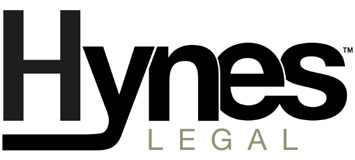What happens if a general meeting motion is out of order?
The chairperson of a body corporate does not really have any additional special ‘powers’. There is one exception to that when dealing with motions on an agenda for a general meeting that are out of order.
Reasons to rule a motion out of order
The Regulation Modules are fairly prescriptive in terms of a chairman’s statutory obligations surrounding motions at general meetings. The chairperson must (and we emphasise must) rule a motion out of order if the motion (if carried) would:
- conflict with the Body Corporate and Community Management Act 1997(BCCM Act)
- conflict with the Regulation Module;
- conflict with the by-laws;
- conflict with a motion already voted on at the meeting; or
- be unlawful or unenforceable for any other reason (the great catch all).
Bodies corporates are creatures of statute. They simply must do what the BCCM Act says they must do. That interpretation doesn’t change often but sometimes the Commissioner’s Office does change industry practices, such as what we wrote about with not including motions here.
Anyways, if a motion does get on an agenda the key thing to remember is that a chairperson must rule a motion out of order if it meets the circumstances above. This is not a choice. It is an obligation.
Chairperson explanation
The Modules require that when ruling a motion out of order, the chairperson must explain the reasons why. An improper reason would be; ‘Because I do not agree with what the motion proposes’, or; ‘I have legal advice that says I must rule it out of order’.
The chairperson should explain why the motion is unlawful or unenforceable, such as by giving reference to those provisions of the BCCM Act or Module with which the motion would conflict. Those reasons must be recorded in the meeting’s minutes, so it is important that they are correct!
Overturn by a show of hands
The second thing required of a chairperson when ruling a motion out of order is that it must be stated that the meeting can overturn the chairperson’s ruling by a show of hands from the floor. There are a whole lot of motions that you cannot use proxies for, but this is not one of them. Proxies count for a procedural motion like this.
So if you are about to go into a meeting with contested motions, there is a whole strategy piece that you should remain aware of on the day.
We regularly review motions listed on the agenda to advise whether they should be ruled out of order and, if so, provide a script that can be followed when the chairperson gives reasons for that ruling.
As always, if you want help prosecuting or defending a motion, let us know.





